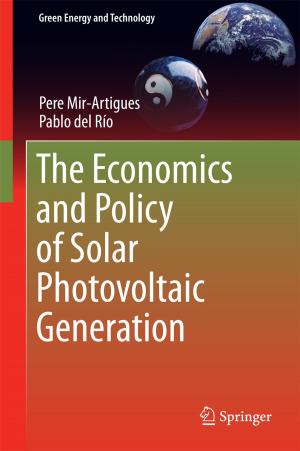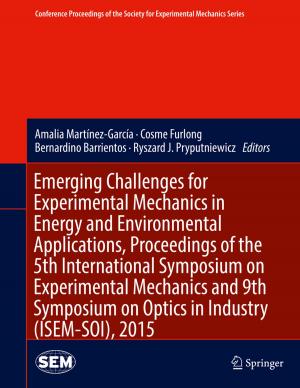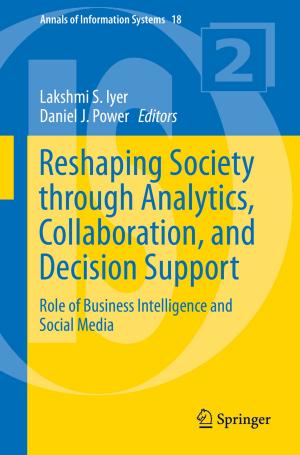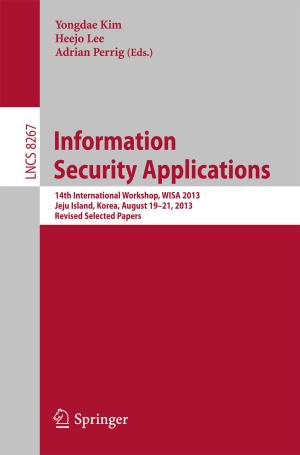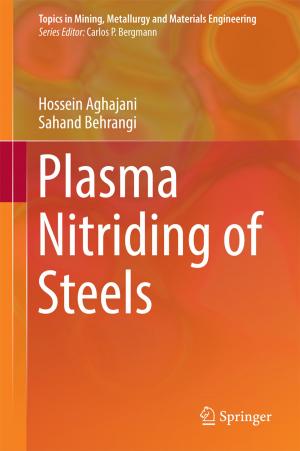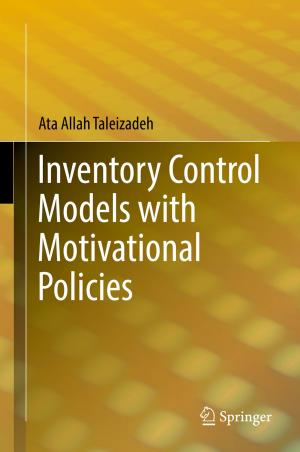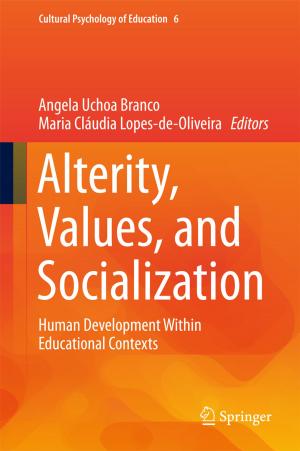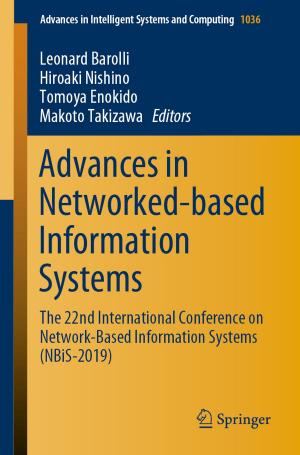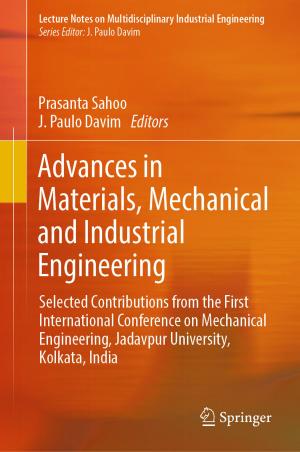Trends and Challenges in Science and Higher Education
Building Capacity in Latin America
Nonfiction, Reference & Language, Education & Teaching, Educational Theory, Educational Reform, Higher Education| Author: | ISBN: | 9783319209647 | |
| Publisher: | Springer International Publishing | Publication: | December 1, 2015 |
| Imprint: | Springer | Language: | English |
| Author: | |
| ISBN: | 9783319209647 |
| Publisher: | Springer International Publishing |
| Publication: | December 1, 2015 |
| Imprint: | Springer |
| Language: | English |
This book discusses the role that integrated science and higher education policies may play in further democratizing and promoting social-economic development in Latin America. It suggests that such democratizing and development may be achieved in two complementary ways: i) broadening the access to knowledge through formal learning processes of higher education, and ii) promoting the advanced qualification of people while strengthening research institutions. The book shows how this entails a complex process of policy integration, with an emphasis on human resources and institutional issues combined in processes of technical change. It discusses in detail the three main challenges that most Latin American countries face in a globalized age, based on knowledge and ever-evolving learning processes. These challenges are the need to broaden the access to higher education; to make this access more socially balanced; and to recover from a long gap in investing in knowledge production and dissemination. This book treats these issues from a variety of conceptual and methodological perspectives that present a contribution to the field of science policy and higher education studies, and inform policymakers in Latin America.
This book discusses the role that integrated science and higher education policies may play in further democratizing and promoting social-economic development in Latin America. It suggests that such democratizing and development may be achieved in two complementary ways: i) broadening the access to knowledge through formal learning processes of higher education, and ii) promoting the advanced qualification of people while strengthening research institutions. The book shows how this entails a complex process of policy integration, with an emphasis on human resources and institutional issues combined in processes of technical change. It discusses in detail the three main challenges that most Latin American countries face in a globalized age, based on knowledge and ever-evolving learning processes. These challenges are the need to broaden the access to higher education; to make this access more socially balanced; and to recover from a long gap in investing in knowledge production and dissemination. This book treats these issues from a variety of conceptual and methodological perspectives that present a contribution to the field of science policy and higher education studies, and inform policymakers in Latin America.

